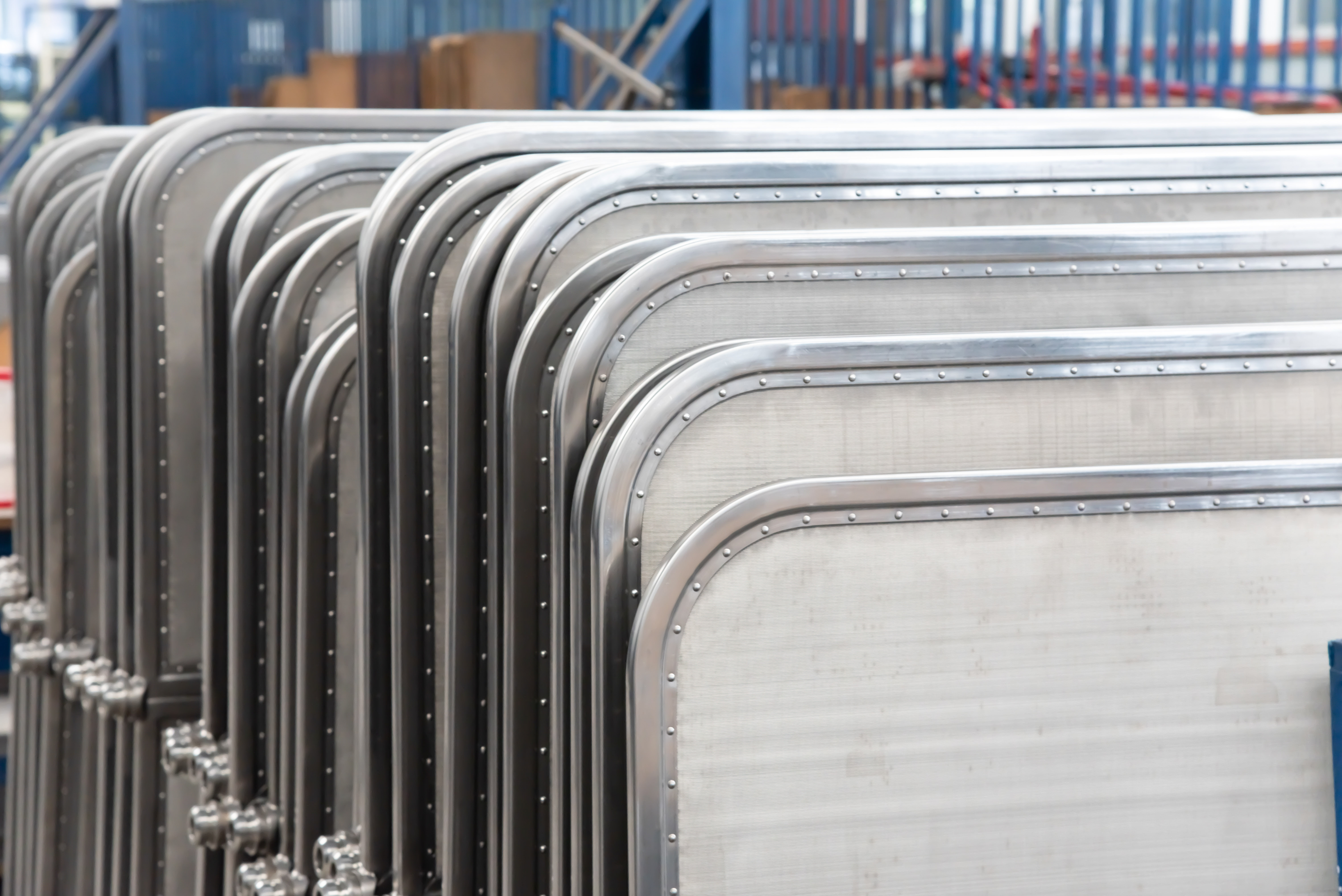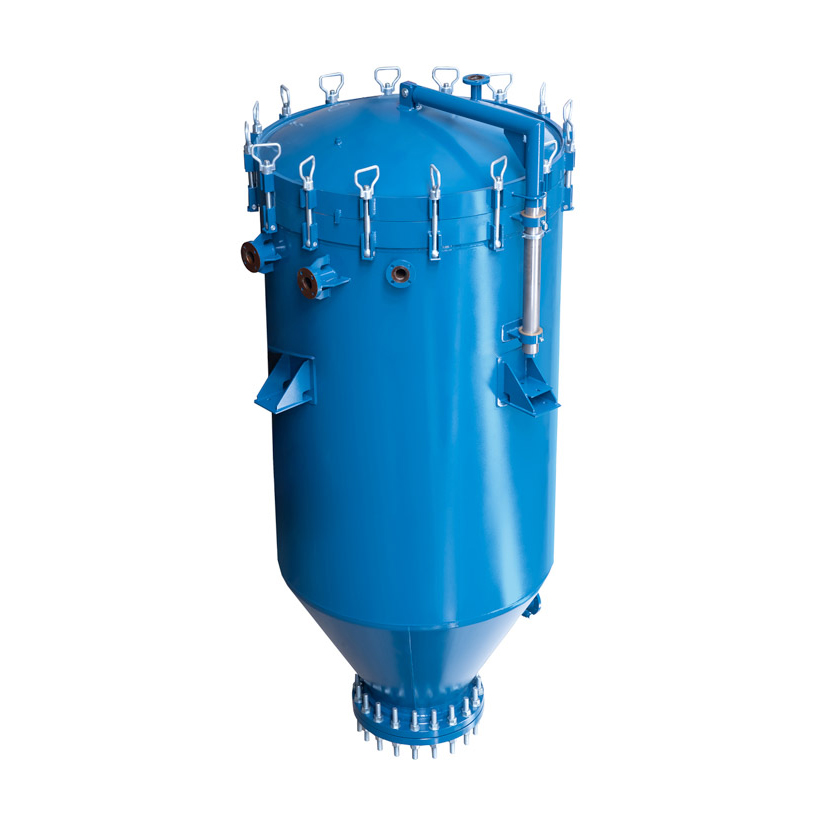Inform Magazine
Filtration Leaves:
At Hollbras, we combine innovation with versatility. Our filter plates represent the pinnacle of quality and feature our Constant Flow technology. By reducing the buildup of solids in the drainage channels, this technology maximizes operational capacity and minimizes the need for plate washing.
Aligned with our commitment to sustainability, we have developed a leaf refurbishment process that has made us the leading experts in Latin America. This careful process allows us to ensure that refurbished plates perform identically to new ones. However, most importantly, all our leaves — whether new or refurbished — are subject to the most rigorous quality processes, come with a warranty, and are universally compatible with all filters on the market.


Vertical Pressure Filters:
In the oils and fats industries, Hollbras's vertical plate filters are synonymous with efficiency and durability. With over 30 years of experience, our robust technology is the choice of the largest companies in Latin America that are looking for reliable, durable equipment with low operation and maintenance costs.
One of our major differentiators is specialized technical support within your reach. Aiming to maximize your filtration performance, Hollbras remains committed to supporting our customers in the selection and operation of our filters.
"Hollbras: The smart choice for high-performance filtration"
Materials used in the construction of our filtration leaf:
Our company's filtration leaves incorporate an innovative approach by exclusively using high-performance stainless steel AISI 316L and 904L. This choice of material is not random, but rather based on the search for durable, reliable solutions with high corrosion resistance. The use of these materials allows our filtration systems to meet the most demanding industrial needs, ensuring efficient and safe operation in a wide range of corrosive environments.
Types of steal wire meshes used in our filtration leaves:
In the food industry, selecting the appropriate mesh is crucial to ensure the quality and safety of the final products. Meshes are classified according to the number of openings per linear inch, which directly influences the filtration capacity and material separation ability.
